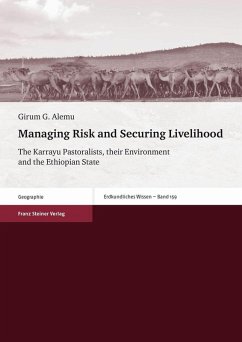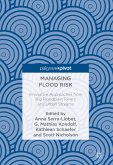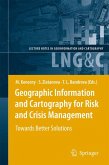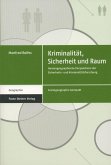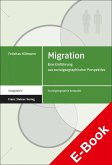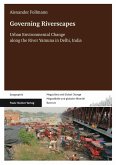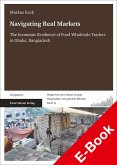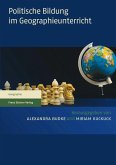The hegemonic perspective on adaptation solely focuses on climate stimuli as the driving force behind people's adaptation. Such a perspective underestimates the role played by historical trajectories of political and social forces of change in shaping current adaptation practices. In doing so, it also separates the environment from processes of social change. This work challenges this dominant view by arguing that adaptation practices pursued by pastoral communities need to be seen at the intersection of state-environment-pastoralists-interactions. In other words, the understanding of pastoralists' risk management and livelihood practices requires a perspective that situates local actors into their broader socio-political and environmental contexts. By using a political ecology approach that emphasizes on the agency of pastoral actors, this work demonstrates how the Karrayyu pastoral groups of upper Awash valley develop and use various risk management and livelihood practices under the influence of both socio-political and ecological sources of change.
Girum G. Alemu currently works as research associate at the Institute for Advanced Sustainability Studies (IASS) in Potsdam. He is interested in three broader but interrelated research topics: Political ecology, environment and development policy and livelihood security. His research interest mainly focuses on the interaction between broader scale political economy and local human-environment interactions and the implications of these interactions on livelihoods security.
Dieser Download kann aus rechtlichen Gründen nur mit Rechnungsadresse in A, B, BG, CY, CZ, D, DK, EW, E, FIN, F, GR, HR, H, IRL, I, LT, L, LR, M, NL, PL, P, R, S, SLO, SK ausgeliefert werden.

